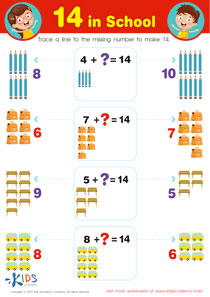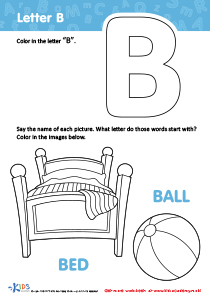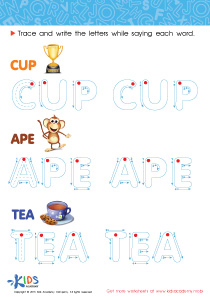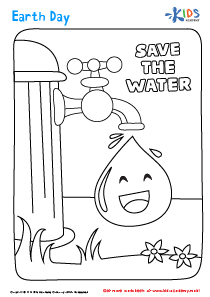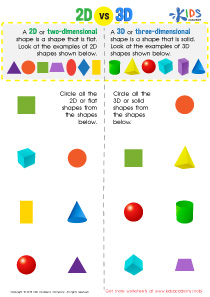Normal Logic and Early Math Quizzes for Ages 3-4
12 results
12 filtered results
Clear all filters12 filtered results
-
From - To
Dive into the captivating world of learning with our Normal Logic and Early Math interactive assessment quizzes, specially designed for children Ages 3-4. These quizzes not only check your child’s foundational understanding in an engaging way but also offer valuable feedback to reinforce their learning journey. Watch as your little ones explore basic logic puzzles, recognize patterns, and grasp early math concepts, all while having fun! Our quizzes are crafted to ignite curiosity and foster a love for learning in these formative years. Enroll your child today and set them on the path to mastering Normal Logic and Early Math.
In the world of early childhood education, the development of logical reasoning and fundamental mathematical skills is crucial. "Normal Logic and Early Math for Ages 3-4" is a program designed to cater specifically to the needs of young learners, offering interactive quizzes that are not only educational but also engaging and fun. This innovative approach to learning is instrumental in laying a strong foundation for children in their formative years, fostering a love for learning that can last a lifetime.
The interactive quizzes included in the "Normal Logic and Early Math for Ages 3-4" program are thoughtfully designed to stimulate the minds of young children. These quizzes incorporate vibrant visuals, captivating sounds, and intuitive gameplay that naturally attract children's attention. By engaging with these quizzes, children are introduced to basic mathematical concepts such as numbers, shapes, patterns, and simple arithmetic in a manner that is both accessible and enjoyable.
One of the key benefits of the "Normal Logic and Early Math for Ages 3-4" program is its focus on developing logical reasoning skills. Through a series of carefully crafted puzzles and questions, children are encouraged to think critically and solve problems. This process not only helps in sharpening their cognitive abilities but also boosts their confidence as they experience the joy of solving a problem on their own. Logical reasoning skills are essential not only in mathematics but in everyday life, making this aspect of the program particularly valuable.
Furthermore, the quizzes are designed to be interactive, which means that children receive immediate feedback on their answers. This instant feedback loop is crucial for learning, as it helps children understand their mistakes and learn from them. It also keeps them engaged and motivated to keep trying until they succeed, fostering a resilient attitude towards challenges.
The "Normal Logic and Early Math for Ages 3-4" program also acknowledges the diverse learning paces and styles of individual children. With a variety of quizzes that range in difficulty and content, the program ensures that every child finds something that suits their level of understanding and interest. This personalized approach to learning ensures that children do not feel overwhelmed or underchallenged, keeping their curiosity and enthusiasm for learning alive.
Parents and educators play a crucial role in a child's educational journey, and the "Normal Logic and Early Math for Ages 3-4" program provides them with a valuable tool to support their children's early learning. The program's content is not only educational but also enjoyable for children, making learning a fun part of their daily routine. Parents and teachers can use the quizzes to introduce new concepts, reinforce learning, or simply spend quality educational time with their children.
In conclusion, the "Normal Logic and Early Math for Ages 3-4" program offers a comprehensive and engaging approach to early childhood education. Through its interactive quizzes, the program helps develop crucial logical reasoning and mathematical skills, setting children on a path to lifelong learning and success. By making learning enjoyable and tailored to their developmental stage, the program ensures that young learners are both challenged and supported in their educational journey.
